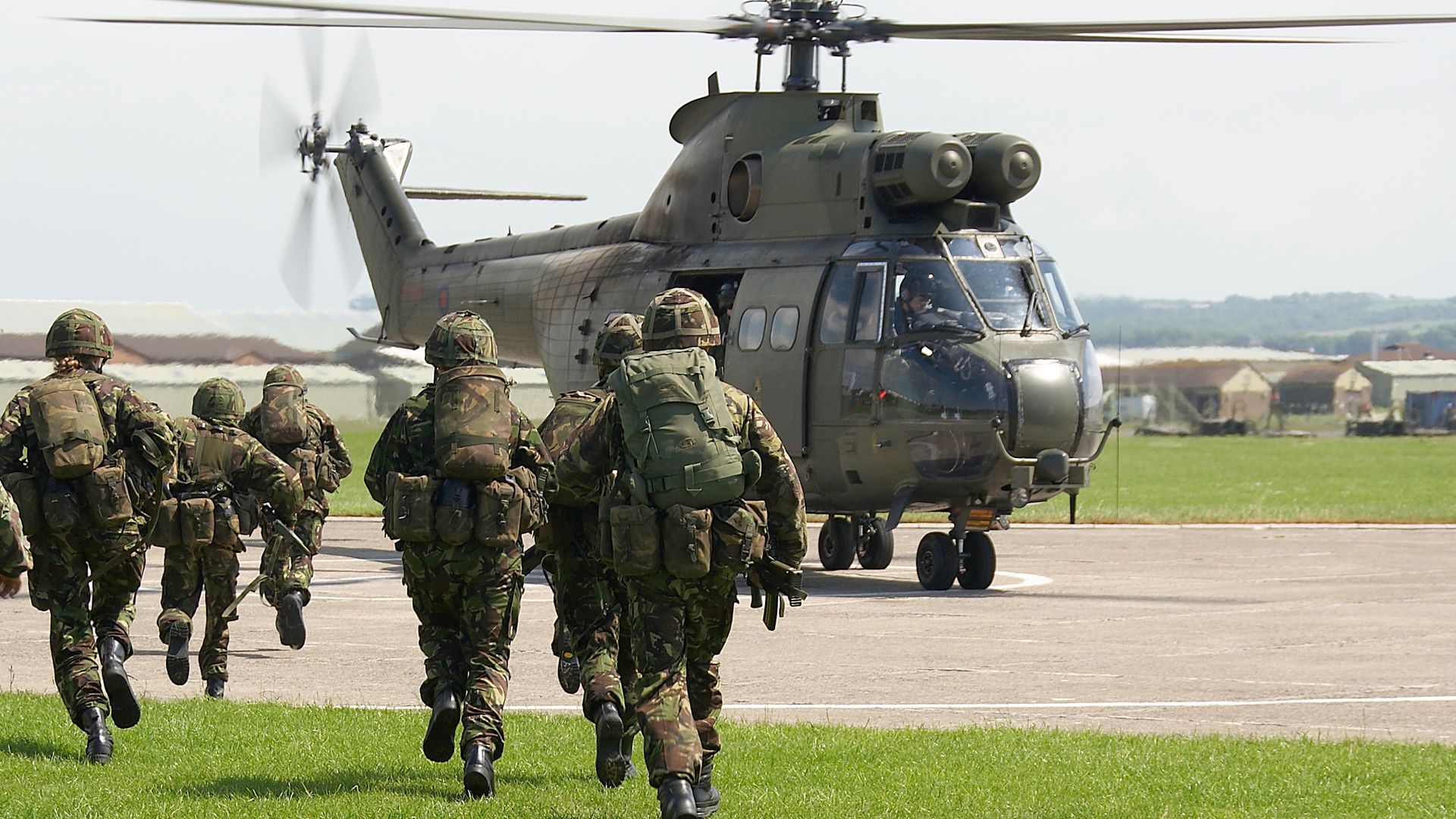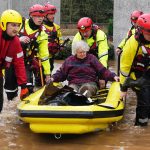Britain’s army must be ready within three years to fight a war against an “axis of upheaval” of Russia, China, Iran and North Korea, the force’s new chief has warned.
General Sir Roly Walker predicted that Russian President Vladimir Putin will emerge from his invasion of Ukraine “very, very dangerous” and “wanting retribution” against countries like the UK that supported the Ukrainian armed forces, whether Moscow wins or loses.
“The point here is when you think they [the Russians] are down, they will come roaring back to get their vengeance,” he told a briefing with journalists on the sidelines of the army’s annual public conference.
Speaking unusually bluntly for a serving officer, General Walker also cautioned about the potential of a Chinese invasion of Taiwan, a desire by Iran to develop nuclear weapons and the threat posed by North Korea.
He described how these countries are creating a relationship between each other – sharing weapons and technologies – and how this challenge could converge by 2027 to 2028.
“That is why you get to this point by… 2027-2028 this convergence may have reached some sort of mutual singularity and your ability to deal with them in isolation – a specific crisis that can be managed by the rules based system – I think is significantly diminished,” he said.
“A problem in one area is likely to trigger a sympathetic detonation in another and therefore it is a global problem looked at from different perspectives around the world.”
Read more: New defence secretary says military’s problems ‘much worse’ than thought
Given the threats, General Walker said there was an “urgent need” for the British Army to rebuild its ability to deter future wars with credible fighting power.
The commander also warned the army would lose if they stick with old ideas about warfare instead of adapting to embrace new technologies that are transforming the battlefield.
“I am saying we are not on an inexorable path to war but what we do have is an absolute urgency to restore credible hard power in order to underwrite deterrence,” he said.
He described it as a “not the war plan”, which he set out in a speech, also on Tuesday, at the army’s Land Warfare Conference in London.
The general said he aims to double the ability of the army to fight and kill by 2027 and to destroy an enemy force of at least three times their size by the end of the decade.
But the chief of the general staff said this would not require more troops or money – though he cautioned against any further cuts to the size of the army and its budget.
Please use Chrome browser for a more accessible video player
The new government last week launched a sweeping review of defence, which will likely lead to cuts in capability unless the Treasury commits to a significant increase in the defence budget.
Prime Minister Sir Keir Starmer has pledged to lift defence spending to 2.5% of national income from just over 2% at present, but has yet to specify a timeframe.
Be the first to get Breaking News
Install the Sky News app for free
But many defence insiders believe even that level of boost is still too small for what would be needed for the UK credibly to fight any kind of war, let alone a full-scale war of survival.
General Walker said the key – given the lack of time to procure new, large weapons systems – was to innovate and adapt, using autonomous weapons, artificial intelligence and other forms of new technology to make soldiers more effective killers, as Ukraine’s military is doing against Russia.
“We have just enough time… to prepare, act, and assure the re-establishment of credible land forces to support a strategy of deterrence,” he said in his speech.
Read more on Sky News:
Experts want clear timeframe on Starmer’s defence pledge
IT outage should be ‘wake-up call for governments’
Keep up with all the latest news from the UK and around the world by following Sky News
Addressing the state of the army, hollowed out by decades of cost-saving cuts since the end of the Cold War, the new chief offered a reality check and tried to make a virtue of his force’s reduced size.
“We are, in fact, a medium-sized army,” he said – describing this as a feature that should be embraced and saying it was “out of date” to evaluate strength from “raw troop numbers”. The much more meaningful metric is the fighting power of the force.
“If we can double then triple our fighting power, any British land force will be able to destroy a force at least three times its size and keep on doing that,” he said.
“That way we will have every confidence in being ready and able to fight anyone and win.”






















